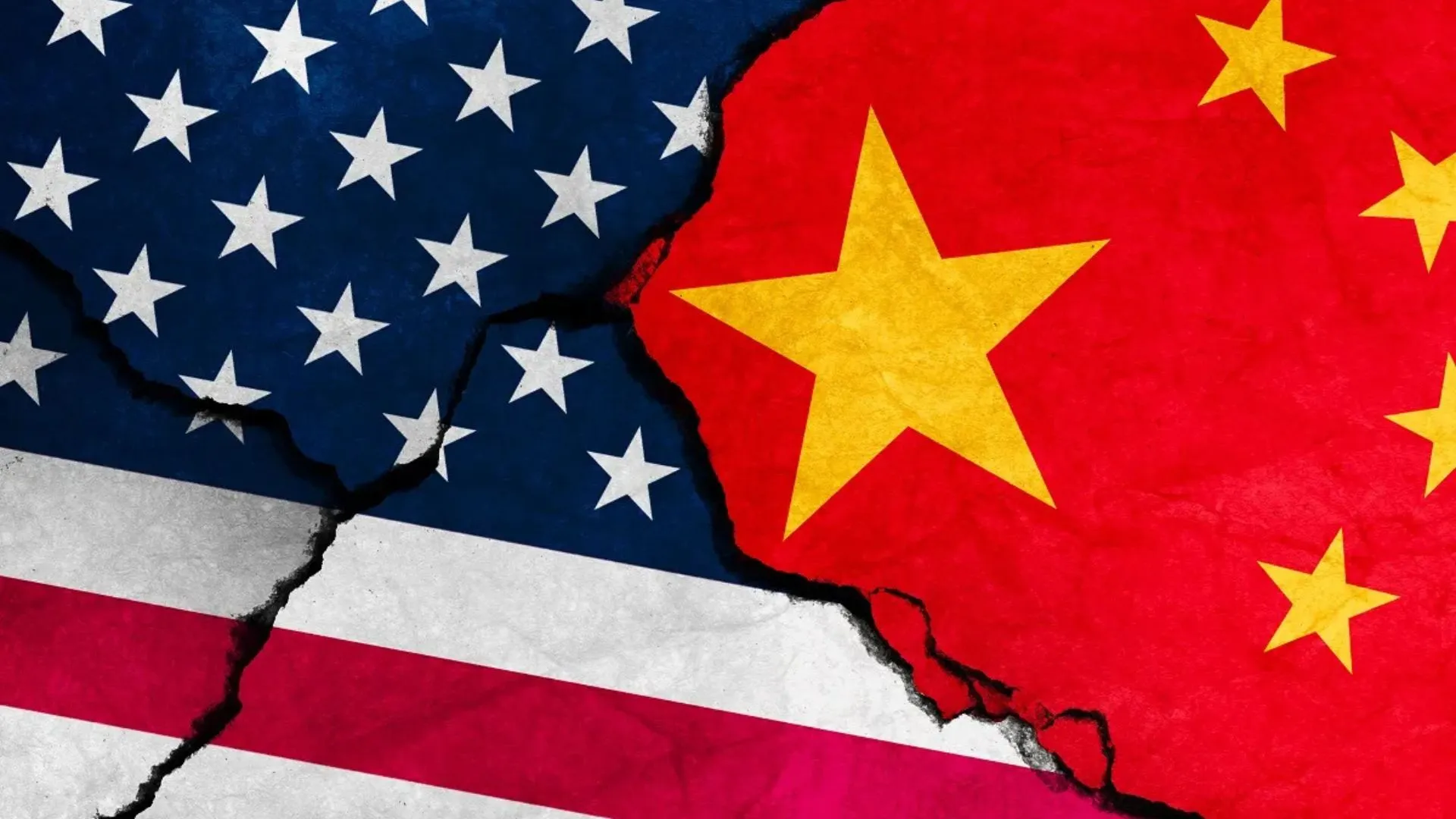Tech
US To Hit 140 Chinese Tech Companies With New Bans: What Will Be Restricted And What’s Excluded

The US is set to implement new restrictions on over 140 Chinese tech companies, imposing bans on key chipmakers and limiting China’s access to advanced semiconductor technology. The latter will be done with exemptions applied to specific countries and companies.
The United States is poised to impose its third round of restrictions against more than 140 Chinese technology companies. As part of the restrictions are measures concerning chip equipment manufacturers and the export of super advanced technologies, they fall into a much bigger effort to check China’s entry into critical component usage for applications of artificial intelligence as well as military purposes.
The US administration is targeting key China technological advancements by curbing the country’s access to leading technologies, especially in the semiconductor sector. More than 140 Chinese companies, including major chip equipment makers Naura Technology Group, will be affected by the new restrictions. The measures are taken to curb the country’s ability to work on developing advanced semiconductors to further AI capability, military, and further high-tech uses.
This latest wave of restrictions comes just weeks before the expected swearing-in of former President Donald Trump, suggesting that the new rules may be maintained under the next US administration. The restrictions mark one of the final large-scale moves under the Biden administration to prevent China from gaining further technological and military supremacy.
What Will Be Banned Under The New Measures?
The export restrictions introduced will have a significant impact on China’s semiconductor sector. The restrictions outlined are as follows:
Export Controls Targeting China’s Semiconductor Firms: More than 140 Chinese firms, including major manufacturers of chip tools such as Piotech and SiCarrier Technology, will be bound by new export controls that will restrict their access to essential US technology and equipment needed to manufacture semiconductors.
Restrictions on Advanced Memory Chips: High-bandwidth memory (HBM) chips, which are critical for training artificial intelligence models and other leading-edge technologies, will be restricted. These chips are crucial components for advanced AI applications and military systems.
Expanded Export Controls on Chipmaking Equipment: New rules will expand export controls to include equipment from US, Japanese, and Dutch companies. Such controls will apply specifically to certain Chinese chip factories and 16 firms critical to China’s chip ambitions.
Major US chip equipment makers like Lam Research, KLA, and Applied Materials, as well as international companies like ASML, will be directly impacted by these new export restrictions. These companies manufacture essential equipment for the chipmaking industry, and their access to the Chinese market will be limited under the new rules.
What Will Be Exempt from the Ban?
While new restrictions will affect various aspects of the semiconductor sector of China, some countries and equipment manufacturers are an exception to this ban. As per the report:
Exemption for Countries: The equipment made in Israel, Malaysia, Singapore, South Korea, and Taiwan would still be covered under the new export restrictions. However, Japan and the Netherlands are exceptions to the new rules.
Expanded Foreign Direct Product Rule: The US will expand its authority to control the export of chip-making equipment made by US-based and foreign companies. This will be for 16 Chinese companies on the US entity list, identified as most critical to China’s advanced chip-making goals.
China’s Reaction To US Measures
In response to the US’s current sanctions, China has been definitely vocally critical of the move, describing it as violating international norms of economic trade and disrupting global supply chains. Chinese foreign ministry spokesperson Lin Jian criticized the US for undermine the stability of trade worldwide, proclaiming himself willing to take measures to protect rights and interests of Chinese companies affected by the new rules.
The Ministry of Commerce of China has reasserted that this decision to protect its technology sector from foreign influence would be “a unilateral attempt to stifle China’s technological progress.” Chinese officials are also concerned about the consequences of such sanctions on other levels as it might deteriorate US-China relations further and create an uncertainty in the world’s global semiconductor supply chain.
The new wave of US sanctions has huge implications for both the global market for semiconductors and global relations. Though these steps are aimed to weaken China’s technological edge, they are also raising red flags regarding disruptions in the supply chain globally. Companies in other countries, relying on Chinese producers for semiconductors, might face delays and increased costs as a result of the export controls.
ALSO READ | Will Trump Free Jan 6 Rioters In Response To Hunter Pardon? Here Is What President Elect Suggested









